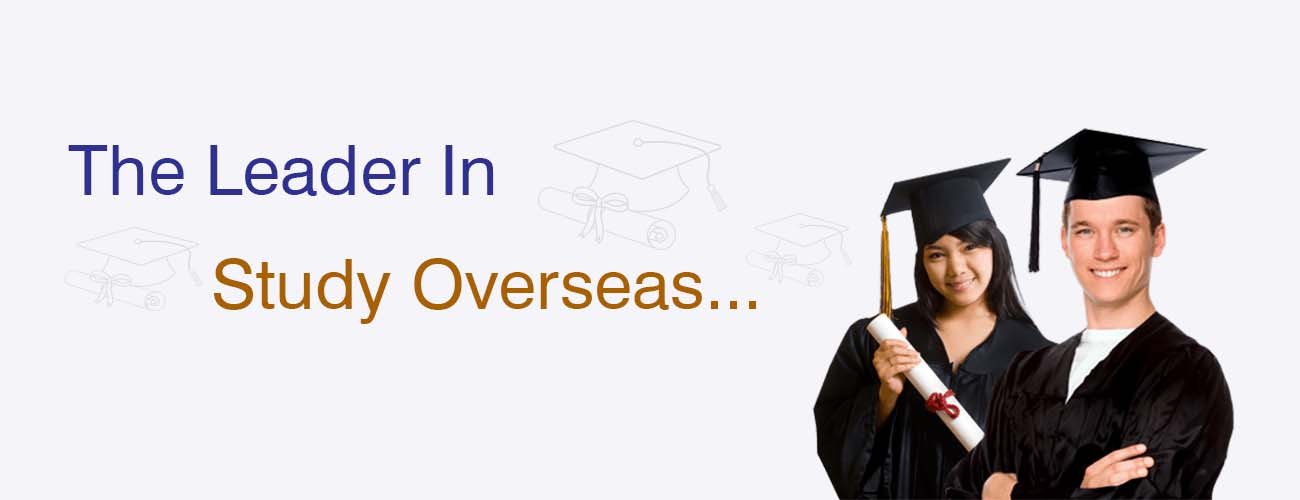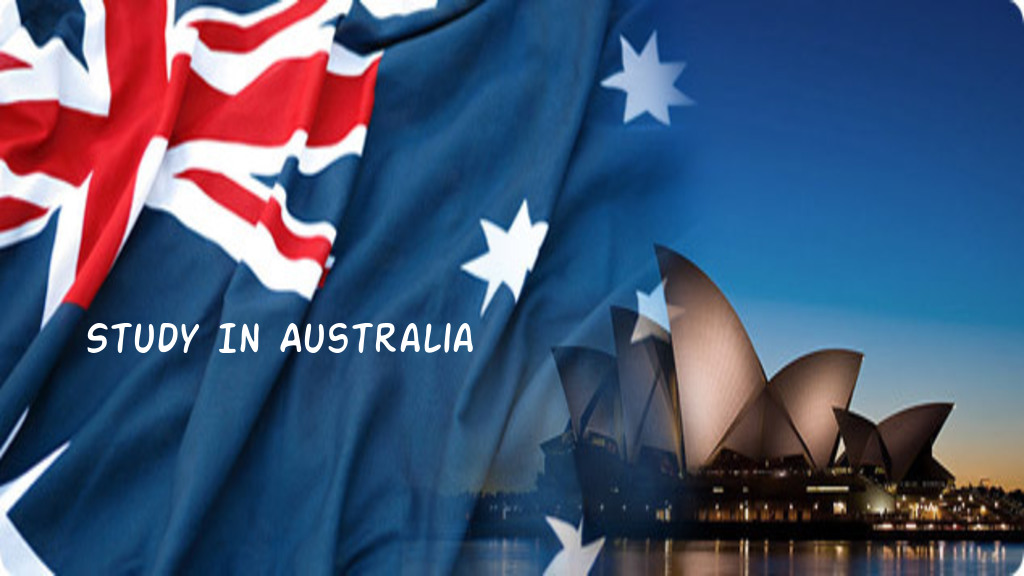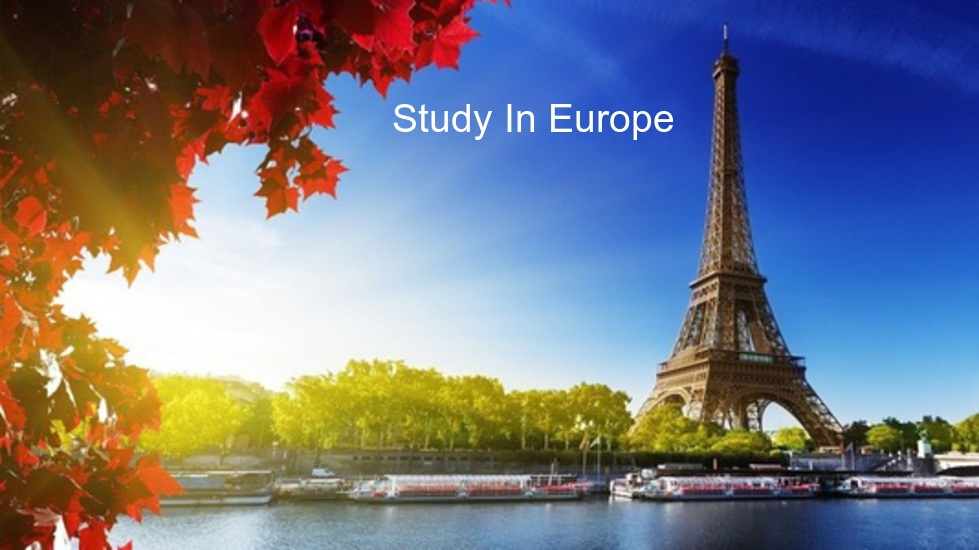Singapore, a city-state, consists of 63 islands, including the main island. It is the smallest country in Southeast Asia and economically one of the most advanced in Asia. In fact, the country has been rated as the best business-friendly economy in the world. The quality-of-life index assembled by the Economist Intelligence Unit states that Singapore has the highest standard of living in Asia and 11th in the world. On the basis of its per capita GDP, Singapore is the 22nd wealthiest nation in the world. Singapore is a republic with a parliamentary form of government. The Cabinet of Singapore is responsible for the majority of decisions and is headed by the Prime Minister. The President of the country, who is popularly elected, has veto powers in key issues. Government controlled companies are dominant in the local economy. The government of the country is considered to be clear and corruption-free, a strong reason why Singapore features so high in the Human Development Index.
Why Study in Singapore :
The curriculum at the higher educational institutions has been patterned on a modular system. The undergraduate and graduate programmes are multi-disciplinary in nature. These programmes have been designed according to each student’s ability, interest and ambitions. This highly cosmopolitan, multicultural country promises a rewarding study abroad experience for students of all levels. Singapore is a global city where talents gather to share innovative ideas, start new businesses, and engage in exciting career opportunities.
Top 5 Programs :
· Business
· Travel & Tourism
· Hospitality
· Engineering
· Economics
Education System in Singapore :
The Ministry of Education (MOE) manages education and related policies in the country. In recent years Singapore has been moving towards an education system that is more flexible and diverse. This aims to provide students with greater choice to meet their diverse interests and ways of learning. Being able to choose what and how they learn will encourage them to take greater ownership of their learning. Students are given a more broad-based education to ensure their all-round or holistic development, in and out of the classroom.
Admission :
Students must have completed at least twelve years of education before applying for under graduate courses at Singapore universities. Though SAT scores are not required for international students, mentioning the scores help gain entry easily.TOEFL scores are mandatory for students seeking admission in Singapore. Final interviews might be conducted before gaining admission into any of the universities. For any post graduation course students have to produce, GRE/GMAT and TOEFL/IELTS scores along with application form.
Major Intakes:
· January
· May
· September
Cost of Education In Singapore :
Tuition fees for foreign students in Singapore is 10% high than local students. Admission cost, course fees in private organizations can be 3-4 times costly than autonomous universities. Tuition fees in tuition centre Singapore is really fluctuating. Where autonomous universities would cost S$5,000 per year after subsidy, private institutions would demand S$20,000 for the same.
Accommodation and living expenses :
An international student in Singapore spends on average about S$750 to S$2,000 a month on living expenses. This amount of course, varies depending on your individual lifestyle and course of study. There are halls of residence and hostels. In this type of accommodation, first year students are given priority. Rooms are available on single or sharing basis. Amenities such as television rooms, reading rooms, laundry rooms, computer rooms, kitchenettes and so on are also available in halls of residences. Private hostels and home stays are also available for accommodation. Charges for home stay range from S$500 to S$1000 per month.






